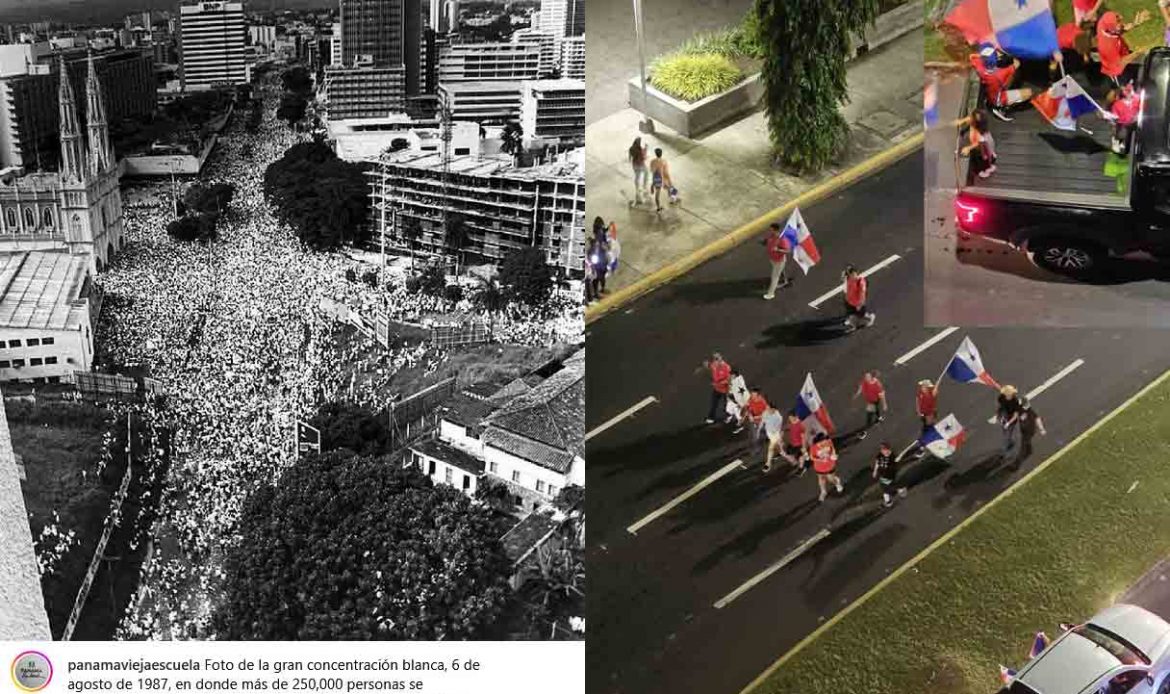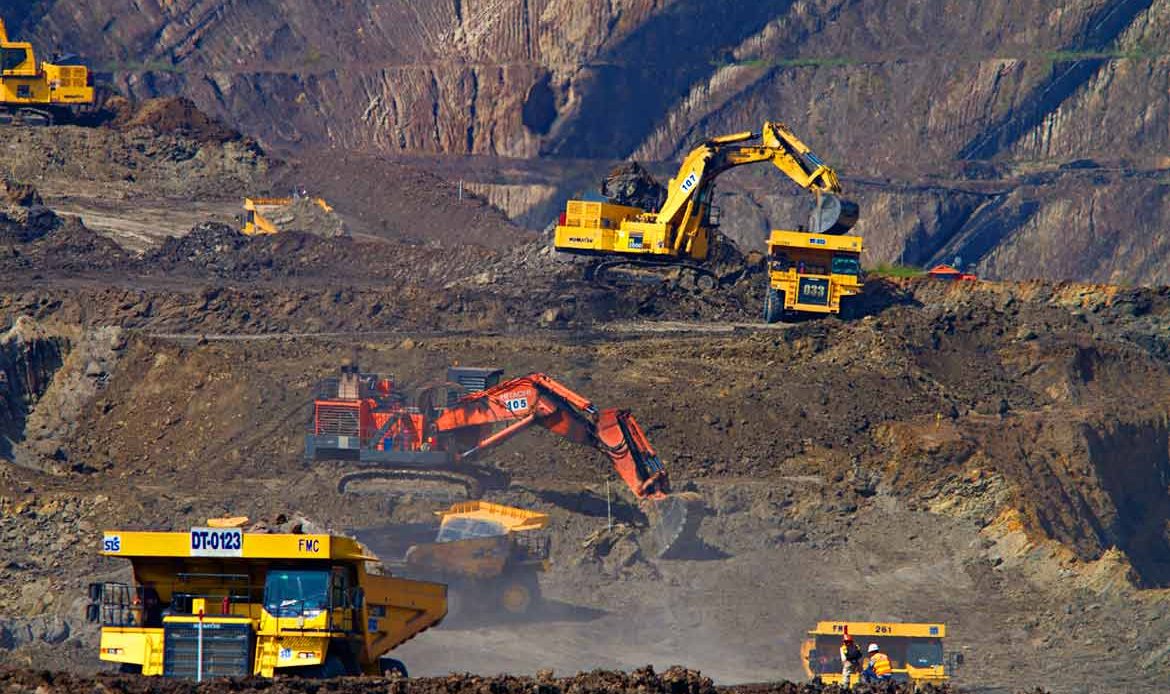In the heart of Panama’s lush landscapes, a storm is brewing. On October 20, 2023, Panama’s Executive branch passed a sweeping new Copper Mining Law that aims to protect the interests of First Quantum Minerals (FQM) and its copper mining operations at Cobre Panama. The controversial Law 406, which supersedes the 1997 Law 9, has sparked outrage, with accusations of bribery, environmental concerns, and debates about profit-sharing echoing through the country.
The Backstory: A Long-Overdue Update
Before delving into the current controversy, it’s essential to understand the context of this new mining law. The Cobre Panama copper mining operation, located in the Caribbean province of Colón, has been under the management of the Canadian mining giant FQM since 2019. The previous mining law, Law 9, which dated back to 1997, was considered unfavorable for the Panamanian State, as ruled by the Supreme Court of Justice in 2017. The court’s judgment cast a shadow over the previous agreement, emphasizing the need for a more equitable and updated contract.
The Controversial Provisions of Law 406
The new mining law, Law 406, introduces several significant changes. Perhaps the most contentious is the royalty payment system, which will be based on gross profits, ranging from 12% to 16%. This represents a substantial increase from the initial 2% stipulated in the old law. Furthermore, Law 406 designates a concession area spanning 12,955 hectares for copper exploitation and demands an annual contribution of at least US$375,000,000 to the Panamanian State.

Protests and Accusations
Environmentalists and unionists have been among the most vocal critics of Law 406 – the Copper Mining Law. They argue that the law is environmentally unsound and that the Panamanian people are not getting a fair share of the profits. Concerns have also been raised about the rapid passage of the law, with allegations of bribery looming large. This has led many to question whether the law’s approval process was influenced by corruption, thus undermining its legitimacy.
Government’s Defense and Economic Arguments
Despite the mounting protests and controversies, the Panamanian government staunchly defends Law 406. They assert that the new law is crucial for preserving jobs and boosting the nation’s economy. The government’s standpoint is that attracting foreign investment is necessary for Panama’s development, and favorable mining laws are part of that equation.
Uncertain Future
As it stands, the future of Law 406 remains uncertain. The Panamanian government may choose to push forward with the new law, despite the vocal opposition. Alternatively, the relentless protests could force the government to reconsider or even repeal the law.
Retroactive Application and Accountability
One particularly contentious aspect of Law 406 is its retroactive application, dating back to 2021 when the previous law was declared unconstitutional. This means that FQM is now obligated to pay the higher royalties and meet the other new law’s requirements, even though these were not in place when the company initially started operating the mine.
This situation serves as a stark reminder of the significance of transparency and accountability in government decision-making. The Panamanian people are demanding to understand how their government is making decisions regarding their natural resources and are advocating for a say in those decisions.
Conclusion about the new Copper Mining Law
Panama’s new copper mining law, Law 406, has ignited a firestorm of controversy. While the government argues that it’s essential for economic growth and job creation, opponents raise valid concerns about environmental damage, profit-sharing, and alleged bribery. The ultimate outcome of this battle remains uncertain, but it is a stark reminder of the importance of transparent and equitable governance in handling the nation’s valuable resources. As Panama wrestles with these challenges, one thing is clear – the nation’s future may be shaped by how it navigates this critical juncture in its history



